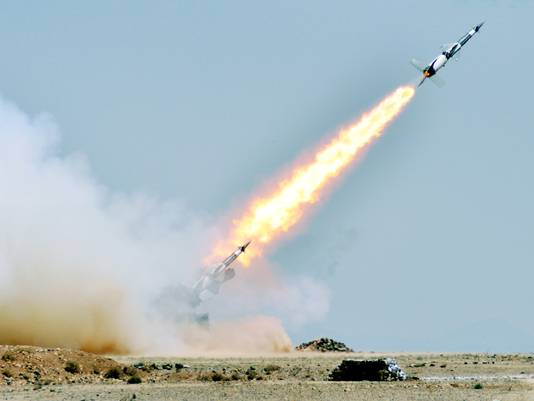
(AFP PHOTO / MAHMOUD KHALED)
Hany Mahmoud, Minister of Administrative Development, announced Wednesday morning that voter turnout was at 28% of all eligible voters, reported state-run Al-Ahram.
Mahmoud stressed that this is an unofficial number that measured voter turnout in 40 different polling stations, but can still be considered as an indicator of the overall statistic. He added that the cabinet is monitoring the referendum through its operations room.
On the second day of the referendum, Daily News Egypt checked polling stations in the middle-class neighborhood of Dokki where the turnout was very little, as there were no queues witnessed in the neighborhood.
The Anti-Coup Alliance released a statement on Wednesday saluting those who boycotted the referendum. The statement claims that the referendum had been forged and that, according to their count, the voter turnout was “only 8%”.
The statement added that the 25 January Revolution was a victory against Mubarak and his regime and that the coalition would proceed to put an end to “the coup” through a new wave of the revolution until its demands are fulfilled.
The Ministry of Foreign Affairs made a statement late Tuesday about clarifications regarding the referendum on the draft of the constitution, mainly concerning military trials in the constitution, the budget of the armed forces, arrested journalists and the monitoring of the referendum.
According to the statement, military courts do not have the right to try any civilians they deem to be a threat in the new draft since it “outright bans” military trials for civilians in “the overwhelming majority of cases”, and restricts such cases to transgressions against military property or on-duty personnel.
Regarding the armed forces’ budget in the new constitution, the ministry stated that it should be discussed by the National Security Council, a body which, in addition to the military’s leaders, also includes the president, the prime minister, the speaker of the House of Representatives, and the finance minister, all of whom are civilians.
The budget must be discussed in the presence of the heads of the Plan and Budget Committee and the National Security Committee in the House of Representatives, both of whom are publicly elected civilian officials. In addition, any legislation pertaining to the armed forces will be issued by the House of Representatives, similar to any other legislation, and the constitutional draft states that the opinion of National Security Council only must be taken before issuing such legislation.
The statement then assured that the arrested journalists are being detained for breaking Egyptian law and that the legal process is currently underway.
As for the organisations monitoring the voting process in the referendum, the statement claimed that they are independent and are not affiliated to the government. Supranational organisations such as the European Union, the African Union, and the League of Arab States are among the observers.






